Get Involved
Help us share the facts and advocate for collaborative solutions to end large whale entanglement.
WHY ADVOCACY MATTERS
The ocean’s common resources are shared by everyone and legislative protections prevent its destruction. North Atlantic right whales are protected under the Marine Mammal Protection Act (1972) and Endangered Species Act (1973), and policies and regulations to protect them come via agencies of the federal government. Elected officials work for their constituents and we must demand better protections for whales and their ocean environment, as well as better tools for fishermen to eliminate entanglement risk. Here are some ways to help.
WRITE TO YOUR ELECTED OFFICIALS
Sample Letter Text
Dear _______________,
The situation facing North Atlantic right whales off the Maine coast is dire. Since 2017 NOAA has documented more than 80 deaths and serious injuries likely to result in death. The primary culprit of these cases is fishing gear entanglement. Without serious and immediate protections for right whales, this iconic species will be functionally extinct within two decades.
Your action is critical in the following areas:
- Take steps to acknowledge and address Maine gear entanglement risk. In February 2024, a North Atlantic right whale died due to an 18 month entanglement in rope from Maine lobster gear. North Atlantic right whales are frequently sighted off the coast of Maine, and the Maine lobster fishery bears proportional responsibility for right whale entanglement risk.
- Understand and utilize current research and expert scientific advisors familiar with the extensive body of right whale research to inform Maine’s entanglement mitigation strategy.
- Invest in whale-safe fishing solutions. Support the lobster fishery’s transition to universal use of weak links and/or reduced breaking strength vertical lines, and a near-term transition to on-demand, ropeless trap retrieval technology in areas of high entanglement risk – and remove regulatory obstacles to their use. Support federal and state funding measures that guarantee fishermen and their families will not bear financial responsibility for saving right whales from extinction.
- Position Maine as a leader in the fight to save right whales, and as a model for innovative fishing technologies among our neighbors. Massachusetts and Canada are already making these moves – don’t let Maine be left behind!
With Federal and state-specific lobster gear marking launched in 2020 for Maine fishing grounds, it is only a matter of time before another right whale shows up entangled in Maine gear. Are you willing to risk further Maine fishing gear entanglements and the resulting stain on Maine’s reputation?
The extinction of the right whale may be averted if you have the courage and vision to act now. The Maine lobster fishery has the chance to become a hero in this story, and can lead among northeast fisheries in implementing fishing practices that ensure our oceans are safer for whales and other wildlife.
Respectfully,
[Your Name]
[Your Town/City], Maine
Maine Contacts
DMR Commissioner Carl Wilson
carl.wilson@maine.gov
Call (207) 633-9538
Governor Janet Mills
Email Gov. Mills
Call (207) 287-3531
Senator Angus King
Email Sen. King
Call (207) 622-8292
Senator Susan Collins
Email Sen. Collins
Call (207) 622-8414
Representative Chellie Pingree
Email Rep. Pingree
Call (207) 774-5019
Representative Jared Golden
Email Rep. Golden
Call (207) 249-7400
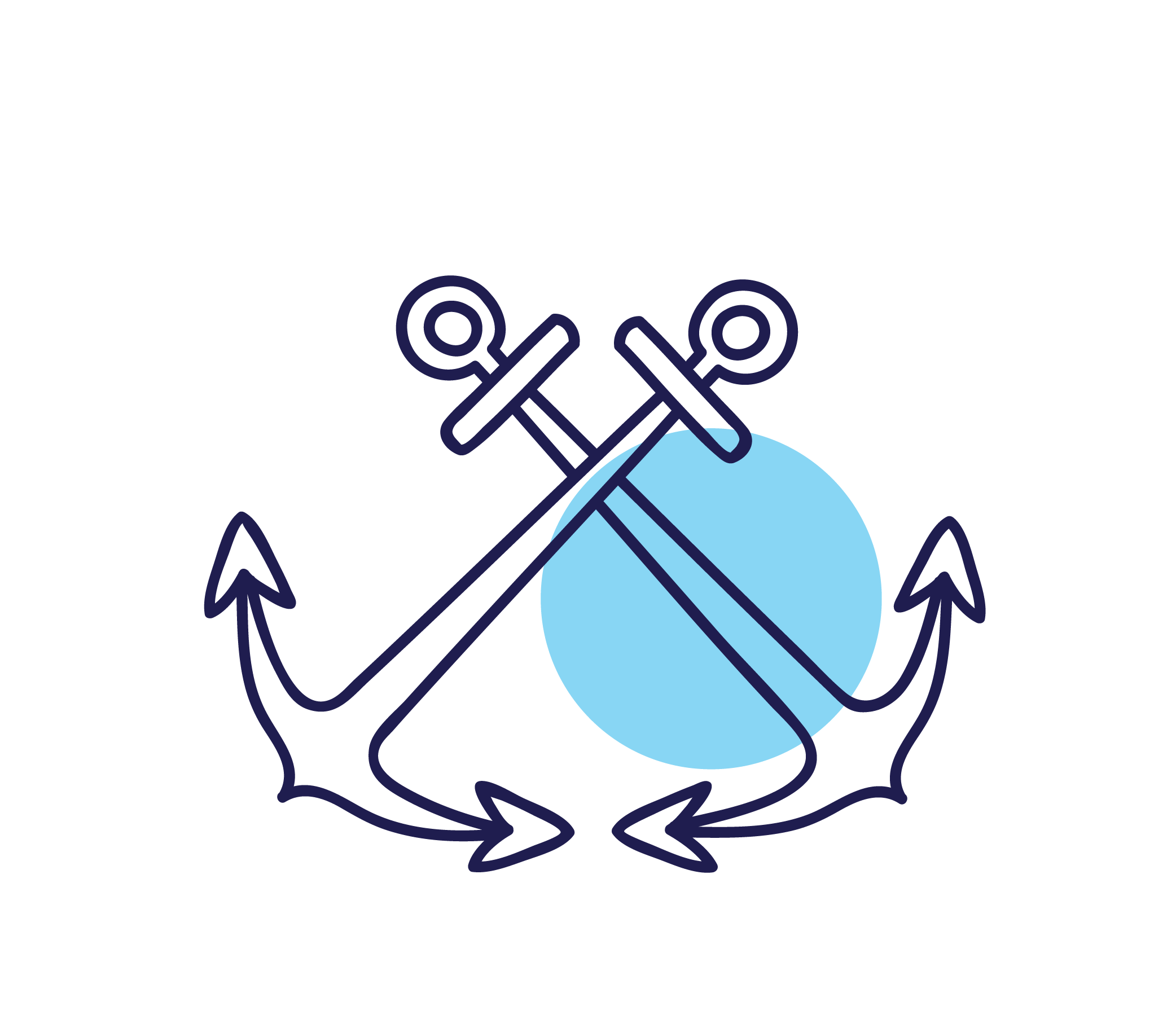
SUBMIT A PUBLIC COMMENT
What are public comments?
Laws are often bills passed by Congress and signed into law by the President. However, many legal requirements come from “regulations” or “rules” that are issued by agencies of the executive branch. These agencies have the authority to issue regulations, which are law. Regulations can establish significant policies and impose legal requirements for citizens, state and local governments, small businesses, and organizations.
Submitting public comments to federal agencies on their proposed regulations is an important way for Americans to influence these policies. Generally, agencies are first required to publish a proposed rule and seek comment from the public on it, often providing a window of 30 to 60 days to submit comments after a proposed rule is issued. Agencies then consider public comments submitted on their proposed rules and, in issuing any final rule, must respond to significant, relevant comments. If the agency fails to adequately respond to significant, relevant comments in a final rule, the rule can be challenged in court. In other words, agencies generally must consider the voice and perspective of public commenters in the rulemaking process.
Effective, relevant comments provide regulators with information to help them improve draft rules. Comments are typically most effective when they provide information directly relevant to the rule and its potential impact. Particularly influential public comments are often those that simply provide good reasoning and evidence or a perspective that the agency had not previously considered.
How to Write Effective Public Comments
Effective public comments often have one or more of the following characteristics:
(1) an introduction where you explain why you are interested in the regulation and highlight any experience with the subject of the rule that may distinguish your comment;
(2) a background section where you identify the relevant part of the regulation you are commenting on;
(3) information or evidence that lays out your argument — for example, how the action impacts you and what you care about; whether the agency anticipated or estimated these impacts correctly; any unintended consequences of this approach that the agency did not consider; and what additional details from the agency would help you better understand the action;
(4) recommendations describing your suggestions to the agency and identifying specific changes you would advise—for example, providing a different way of addressing the problem the agency may not have considered; and
(5) a conclusion which recaps your main argument and lists your recommendations again.
Where to find agency regulations open for public comment:
Go to the Federal Register and use the search bar on the home page. You can filter the documents to view notices or proposed rules. You can also search for a specific rule using a keyword, Regulation Identifier Number (RIN), or agency name. Agencies that commonly draft regulations related to North Atlantic right whales include NOAA Fisheries, the US Fish & Wildlife Service, and the Bureau of Ocean & Energy Management.
KNOW THE FACTS

Fishing gear entanglement is the biggest threat to North Atlantic right whales.
Entanglement in fishing gear is the leading cause of death and serious injury to right whales. Nearly 90 percent of right whales have been entangled at least once; some as many as nine times.
Maine lobster gear killed an endangered North Atlantic right whale.
Three-year old female right whale #5120 died in 2024 after a two-year entanglement in Maine lobster gear.
Fishermen should demand access to tools that prevent whale entanglements.
Lower breaking strength rope (a.k.a. weak rope), weak links, and on-demand fishing minimize whale entanglements. Maine has a gear lending program for fishermen to test alternative gear for compensation.
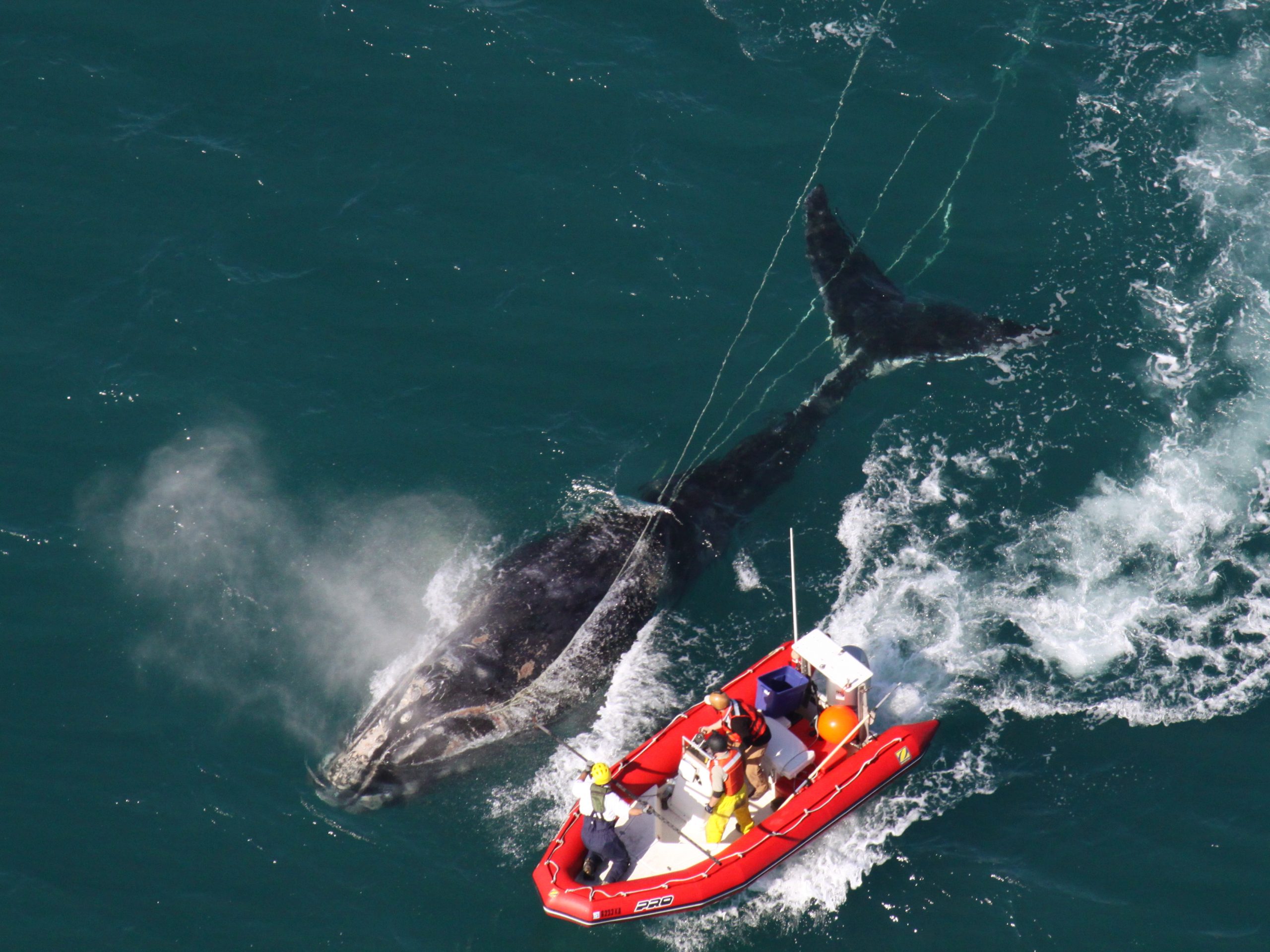
Disentanglement responders remove rope from an entangled whale. EcoHealth Alliance, NOAA Permit #932-1905
COALITION STATEMENTS
2025 | A Letter to the Maine Delegation
The Maine Coalition for North Atlantic Right Whales sent a letter to Governor Janet Mills and the Maine congressional delegation to encourage their support of solutions that will end whale entanglements in Maine lobster gear but will also allow fishermen to keep fishing. Investing in on-demand gear, and encouraging fishermen’s involvement in its testing are necessary steps towards a sustainable fishery. The full letter can be found below.
2023 | Statement on the Maine Delegation’s Omnibus Rider
At the end of 2022, Maine Senator Susan Collins, with the backing of the rest of Maine’s congressional delegation and governor, attached a rider to the Omnibus spending bill granting a six-year delay on new lobster/crab pot fishing regulations to prevent right whale and other large whale entanglements… While this action has been celebrated as a “well-deserved break” for fishermen, the delay presents a serious threat to the future of the right whale and may put Maine fishermen at a competitive disadvantage in the long run.
2021 | A Letter to the Maine Delegation
The Maine Coalition for North Atlantic Right Whales sent a letter to Governor Janet Mills and the Maine congressional delegation in early October of 2021 sharing our concerns about misinformation on right whales in Maine, especially in regards to right whale entanglement and the Maine lobster fishery. The full letter can be found below.
JOIN THE COALITION
Are you a Maine resident who is passionate about right whale conservation and sustainable fisheries? Email us for more information on how to join the Maine Coalition for North Atlantic Right Whales.
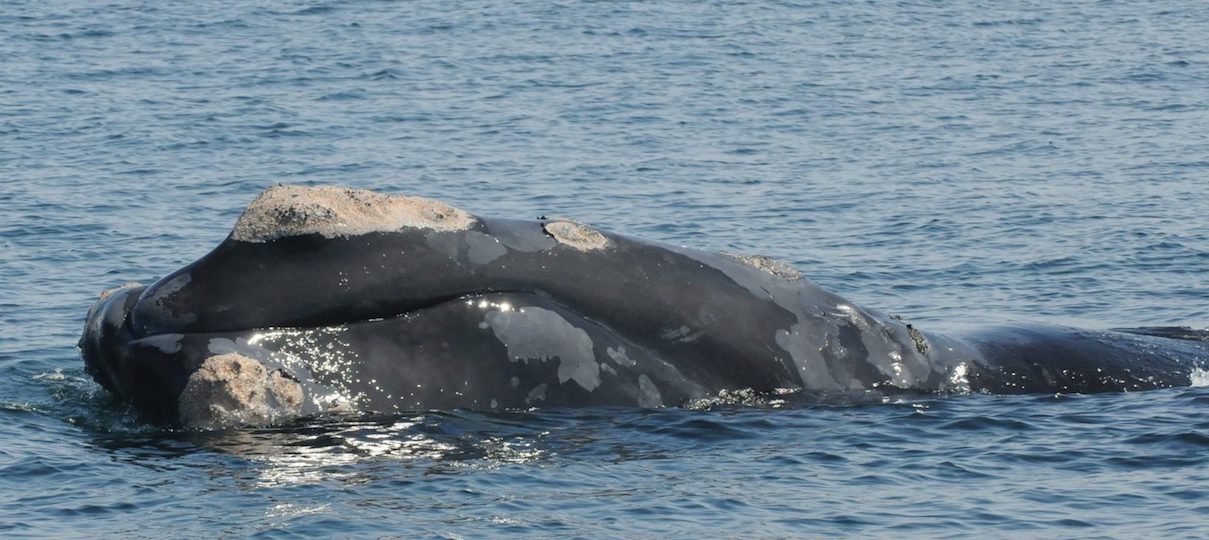
Aphrodite (Catalog #1701) was one of the right whale moms of the 2022-23 calving season. She has experienced five known entanglements in her lifetime. Photo via New England Aquarium.

Join Our Newsletter
Sign up to receive timely news alerts from the Maine Coalition for North Atlantic Right Whales.
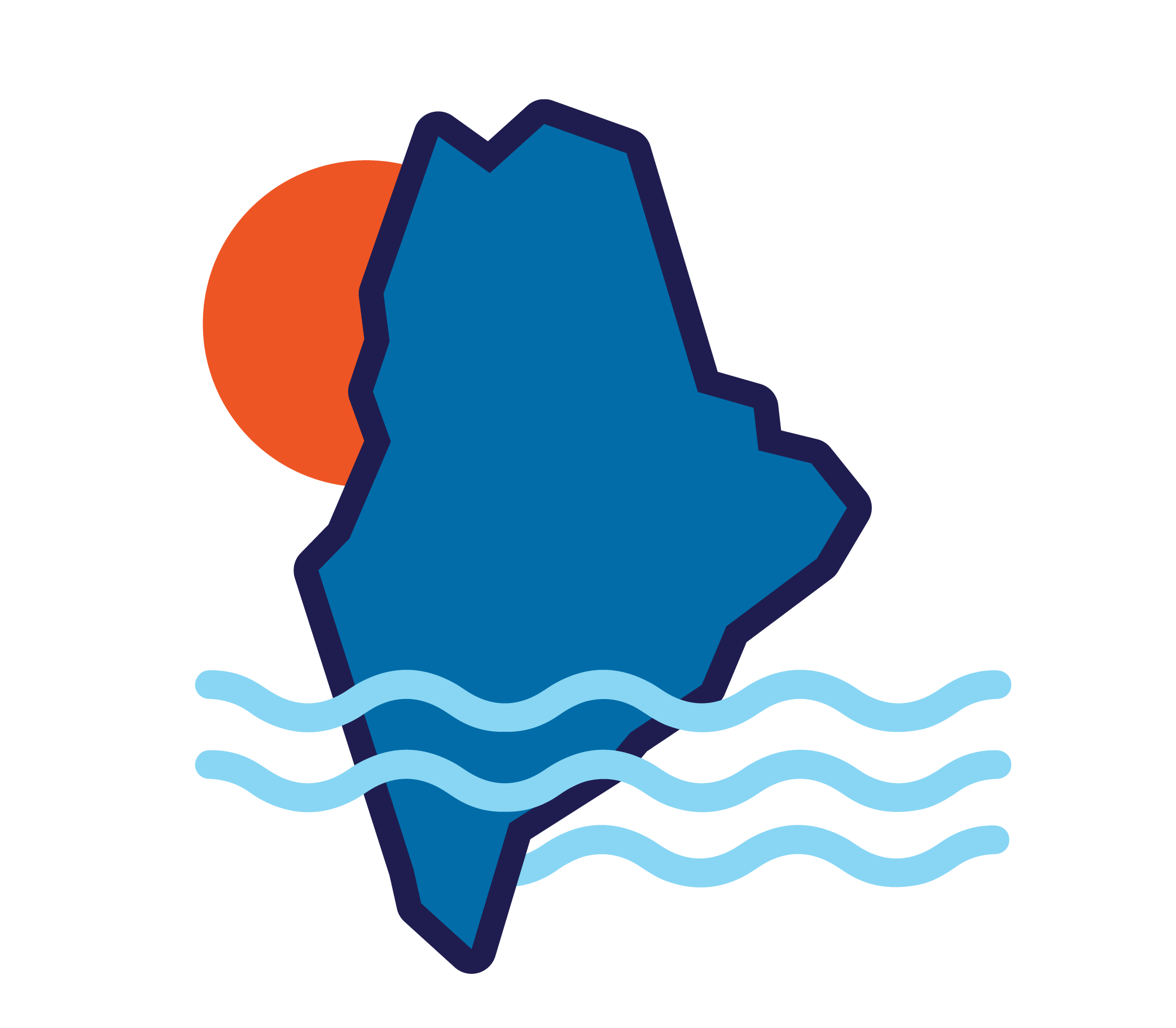
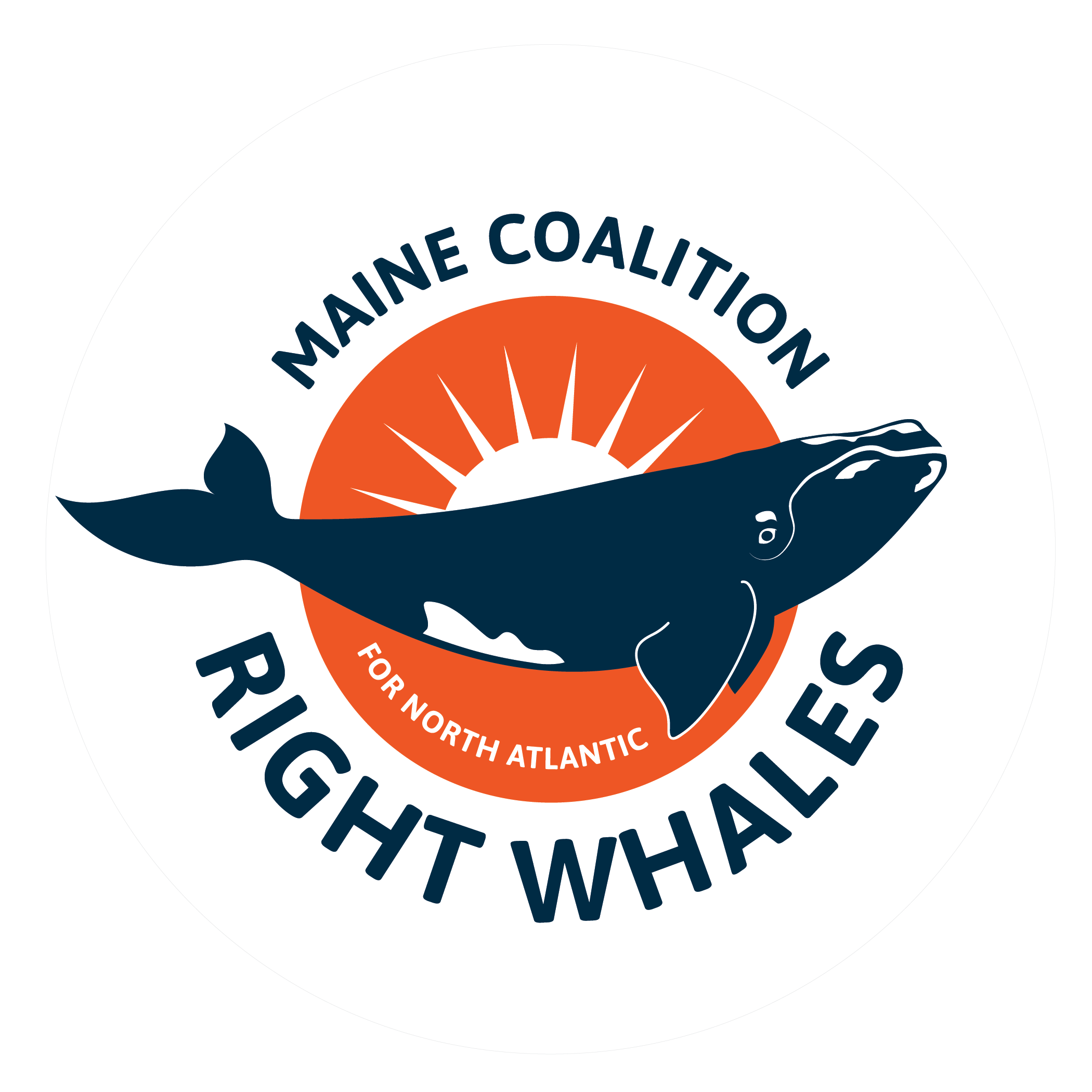
Maine Coalition for North Atlantic Right Whales
The mission of the of the Maine Coalition for North Atlantic Right Whales is to provide accurate information about critically endangered right whales and support policies to save them.
